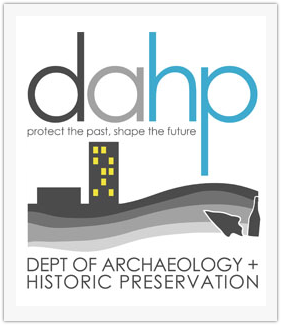Asian & Pacific Islanders Heritage
Filipino American
The 2023 Filipino American Statewide Historic Context identifies and documents historic sites associated with Filipino American history across Washington State. It serves as a context statement and as a survey report focused on historic resources and community memory. The project reviewed 26 oral histories and surveyed over 50 properties. It identified 20 likely historic properties, prioritizing resources with cultural and community significance, and resulted in two National Register of Historic Places listings for The Yakima Valley Filipino Community Hall in Wapato and Dr. Jose Rizal Park in Seattle.
Filipino immigration to Washington State occurred in several waves beginning in the late 19th century, depending on the shifting status of Filipinos from alien to American nationals after the end of the Spanish-American War, when the Philippines became a colonial territory of the United States, and back to alien status after the Philippines were granted independence in 1946. Early settlers worked in lumber, agriculture and canneries while forming vibrant communities despite facing exclusionary immigration and property laws, racism, and anti-Asian violence.
The Filipino American Statewide Historic Context highlights the visibility and challenges of Filipino American heritage in Washington State. It documents the intertwined histories of international political dynamics, labor, migration, resilience, and community formation, underscoring the ongoing importance of historic preservation for underrepresented communities throughout the country.
- Filipino American Statewide Historic Overview/Context
- Dr. Jose Rizal Park - Seattle
- Yakima Valley Filipino Community Hall
Asian/Pacific Islanders
- Historic Context for the Protection of Asian/Pacific American Resources in Washington State
- Asian American Pacific Islander National Historic Landmark Theme Study
- Chinese Community in Pullman: 1860-1970
Chinese Americans Exclusion History in WA State
The cultural resources legacy of Chinese Americans during the Exclusion Era (1882 – 1940) represents a story of triumph and perseverance. However, sites and buildings that represent this history are either already gone or endangered. In 2023, the Washington State Department of Archaeology and Historic Preservation (WA DAHP) received a $50,000 NPS Under-Representative Communities Grant to create a statewide context statement, at least one National Register nomination, create a new GIS feature class to display locations of previous Chinese American occupation, and conduct an intensive level survey (10-20 resources). DAHP has contracted out with APIAHiP to complete this study.




